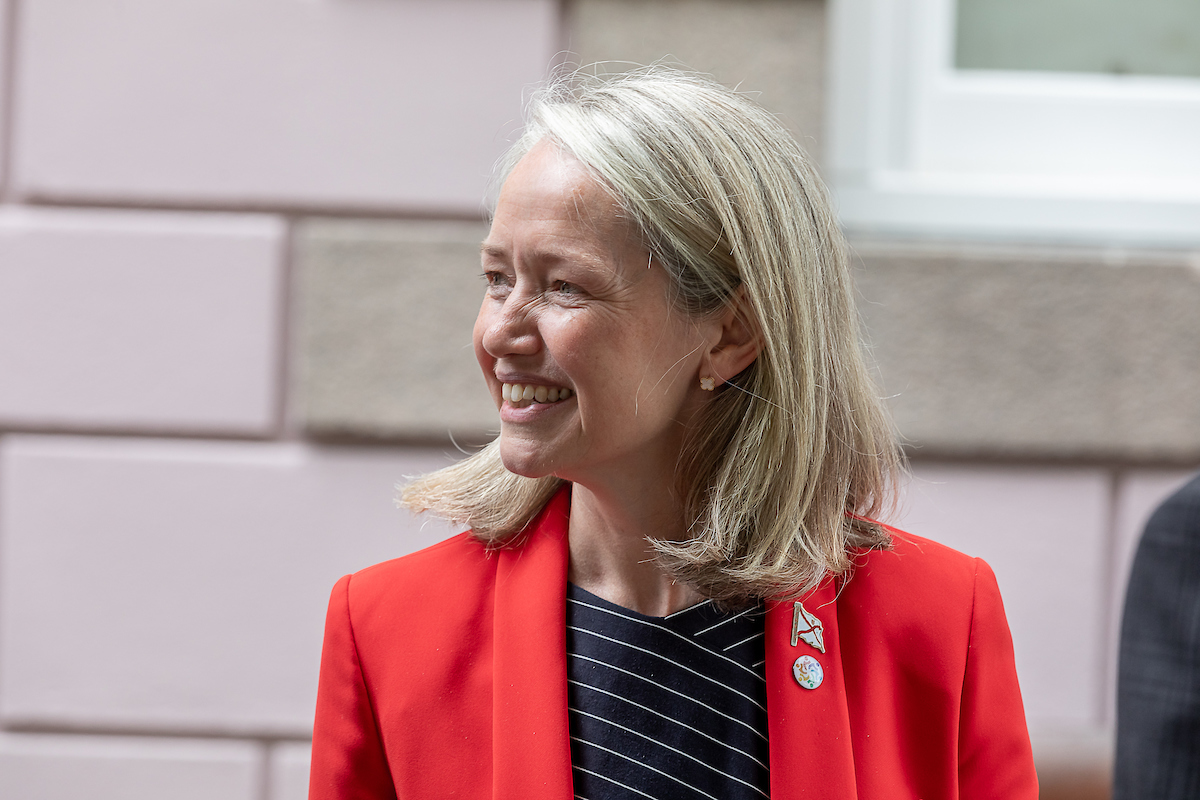


Unmarried partners who have been together for two or more years might soon be able to hold the same employment rights as spouses and civil partners, if politicians agree to government proposals for "maximising our workforce's productivity"...but how would the system work?
The government said its proposed changes to work and housing rules are intended to make the island more attractive for Jersey-born people who want to move back with their partner, in the case that both could work in their area of expertise.
According to the current Control of Housing and Work (Residential and Employment Status) Regulations, unmarried partners are restricted to 'Registered' jobs for the first five years of their residence, which is not the case for those who are married or in civil partnerships.
But that could change if States Members agree to the government's plan when it comes up for debate in May.
Provided that their partner has the right to access the local job market (holds 'Entitled', 'Entitled to Work' or 'Licensed' status), the unmarried partner would be granted 'Entitled for Work Only' status and the ability to access all local jobs. This would include "essential roles".
Unmarried partners must demonstrate that they have been in a relationship akin to marriage or civil partnership for at least two years.

Pictured: Chief Minister Kristina Moore said the change "ends a barrier that has made Jersey less attractive to some people with the essential skills that we need."
Chief Minister Deputy Kristina Moore commented: "As we work together to create a community where everyone can thrive, this change will support us in our focus on the recruitment and retention of staff.
"It is fairer, and ends a barrier that has made Jersey less attractive to some people with the essential skills that we need."
Assistant Chief Minister, Deputy Lucy Stephenson, who serves in the Population and Skills Ministerial Group, which worked on the proposals, added: "We are committed to maximising our workforce's productivity through recruitment and retention, and it is just common sense to enable people who are already permanent Jersey residents to work."

Deputy Lucy Stephenson has recently expanded her remit to serve in the Population and Skills Ministerial Group.
She continued: "Many people choose not to get married. These are people who have committed to their partner and to the island by moving here together, and it's fair that they are able to find employment and contribute to the Island from the day that they arrive, rather than waiting for five years."
"Many young Islanders who have left for education and career development have met their life partner by the time they want to return to the Island, so by changing the regulations we will be helping to shape the Island's workforce both now and in the future."
The amendments to the Control of Housing and Work Regulations are due for debate in May.
So how might unmarried partners "demonstrate that they have been in a relationship akin to marriage or civil partnership for at least two years"?
From speaking to Deputy Stephenson, it appears that a few couple selfies won't be strong enough...
She said that evidence would be required to prove what the government is terming an "enduring relationship".

Pictured: Couples will have to provide strong evidence to prove their case.
These will include evidence of cohabitation, such as joint utility bills, official documents linking individuals to the same address, a joint tenancy or mortgage, but could also extend to statements from a joint bank account.
These are still in development, and Deputy Stephenson said that "weak evidence" would be investigated further...
According to Deputy Stephenson, in the event that a relationship breaks down, partners will be treated the same as married couples and those in civil partnerships.
This means, as long as a the partner remains "ordinarily resident in the island", they will maintain their employment status for up to five years.
However, Deputy Stephenson emphasised that these proposed regulations, which come at a time when the number of marriages is declining and recruitment remains an area of "key focus" for the government, are still in development.
Comments
Comments on this story express the views of the commentator only, not Bailiwick Publishing. We are unable to guarantee the accuracy of any of those comments.